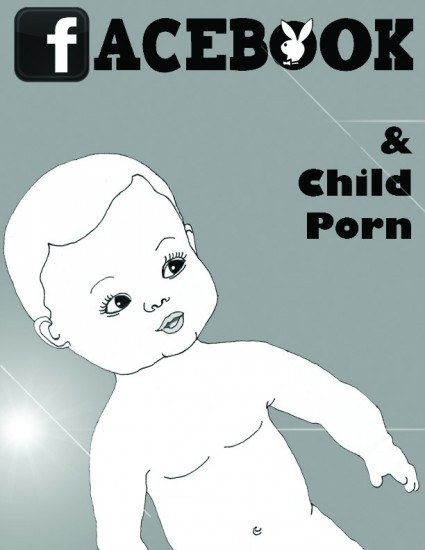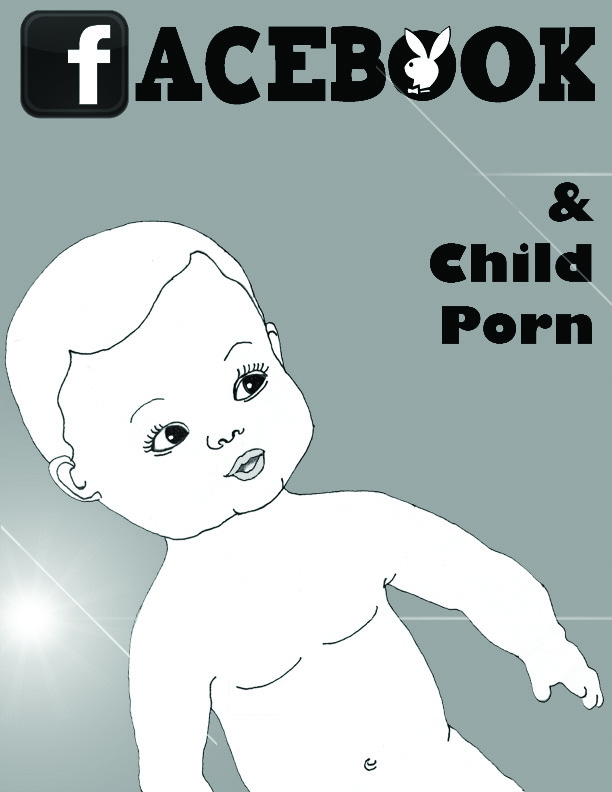 These days, just about everyone has a Facebook. Our friends, our parents and even our grandparents all take part in the social networking site. Most people use Facebook to keep in touch with friends and loved ones. It’s how we communicate and how we learn about parties and events.
These days, just about everyone has a Facebook. Our friends, our parents and even our grandparents all take part in the social networking site. Most people use Facebook to keep in touch with friends and loved ones. It’s how we communicate and how we learn about parties and events.
But Facebook also has a darker side. It has become a convenient way for pedophiles and pimps all over the world to share gruesome pornographic images of young women and children. Fortunately, more people are becoming aware of this hidden practice.
On February 16, Operation 21st Century, the anti-human trafficking and anti-slavery group founded on the Connecticut College campus that is working to raise its national profile, hosted a talk on the subject by human rights activist Raymond Bechard.
Bechard began by explaining online advertising in the adult service industry. The most famous recent example is the popular site Craigslist, which hosted an “adult services” section where pimps and prostitutes would advertise their services. This section, as well as other similar adult sites, has been shut down.
Because of these changes, many who engaged in such practices subsequently turned to Facebook to create profiles containing obscene images and descriptions. It is impossible to tell who is behind these profiles. It could be a pimp, it could be the girl in the pictures, it could be a police officer and it could even be an average person with hidden proclivities. Berchard decided to investigate the issue, so he created a false profile and “friended” many of these profile holders.
What he discovered was disturbing. As he dug deeper into this hidden world, he found that the girls, and some boys, were getting younger and younger. A series of gruesome images were shown with children who looked like they ranged from ages five to nine. Berchard continued by saying that although Facebook allows people to report images and posts, it is doing little to fight the child pornography that occurs on the site. When reporting photos and posts, only five pictures are allowed to be reported at a time. Once Facebook is aware of these reported photos, they are completely erased with no law enforcement being notified. When contacted by the FBI about the issue, Facebook took eight months to respond and was mostly uncooperative, Bechard said.
The biggest problem with these activities on Facebook is the lack of awareness of the issue. Most people think that Facebook is well-monitored and safe, Bechard argued. They think that child pornography is concealed on dark, seedy websites and far away from the mainstream. This is far from the truth. Facebook functions like a secret society, where people can share personal collections of images with others and rationalize their disturbing obsessions, largely without being held accountable.
Many attendees wondered how the photographers gain access to the children. Sadly, it is almost always someone the child trusts like a pastor, a soccer coach or a family member, and children from all backgrounds and classes are vulnerable. Furthermore, these pedophiles have expanded to other social networking sites like Twitter and Google+.
What can one do? There are many websites dedicated to stopping child pornography on Facebook, one of them being stopchildpornonfacebook.com where people can send cards to board members of Facebook and raise general awareness of the issue.
Everyone who attended the talk seemed dedicated and open to learning more about the cause. “I want to be an elementary educator and I think it is good to be informed. We know so little,” Paulina Hernandez ’13. Annaleah Cogan ’15 followed up by saying that she is “intrigued and disturbed by human trafficking in the modern world and how I am a part of it.”
When asked about what he thinks in regards to seeing the disturbing images countless times during presentations, Berchard solemnly states “I think about what happens after the picture was taken.” •











“The biggest problem with these activities on Facebook is the lack of awareness of the issue. Most people think that Facebook is well-monitored and safe, Bechard argued. They think that child pornography is concealed on dark, seedy websites and far away from the mainstream. This is far from the truth. Facebook functions like a secret society, where people can share personal collections of images with others and rationalize their disturbing obsessions, largely without being held accountable.”
Unless and until law enforcement decides to pursue the SOURCE of the child pornography on a suspect’s computer, Facebook can easily be a danger to any user’s freedom. Facebook opens the door for child porn to reside on your computer. The Government’s present disconnect from reality allows it to believe,: “if it’s on your computer, you have knowingly chosen to put it there.”
Is it worth the risk?
http://www.framedforchildporn.com.